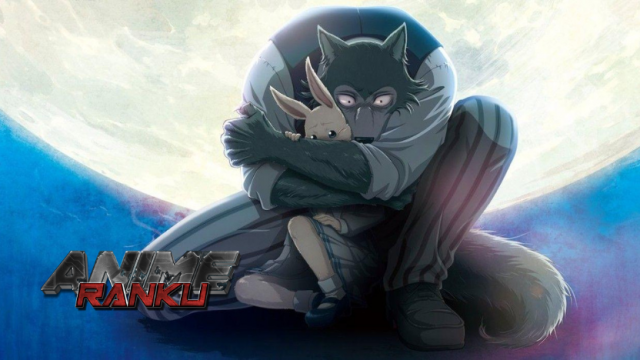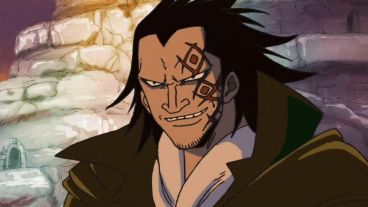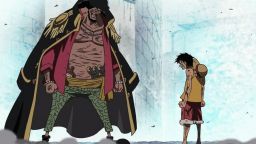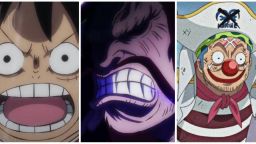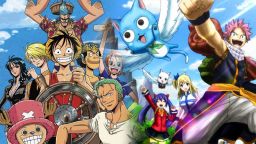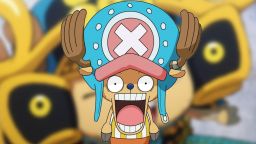At first glance, the 2019 anime Beastars seems to be an eccentric, horny, and animalistic take on a high school anime. It's difficult to look past the sexualization of Haru the rabbit in Season 1 or the peculiarity of this world where carnivores and herbivores are compelled to coexist.
But after the initial discomfort passes, particularly in Season 2, one begins to realize that the anime is actually an inventive extended metaphor about modern societies hidden behind its fantastical world-building. Beastars explores the depths of humanity's most animalistic instincts and society's attempts to tame them in a manner similar to Orwell's Animal Farm, albeit on a smaller scale.
A Utopian Society's Test of Carnivores and Herbivores Living Together

In the Beastars universe, there is a school that welcomes both carnivores and herbivores and promotes the benefits of their peaceful coexistence. It is forbidden for carnivores to consume meat, and they are urged to sympathize with their herbivore classmates. The series' protagonist, Legoshi, a wolf, experiences attraction for the rabbit Haru, and this is when everything changes. His desires are so intense that they appear to combine both sexual and predatory instincts.
There are numerous ways to interpret Legoshi's struggle with guilt and uncertainty about his urges. While it may appear to be about a teen's struggle with puberty and identity, a closer look reveals that it may actually be a parable for modern society as a whole. Humanity has always been motivated by the principle of the "survival of the fittest," in which the powerful attempt to subjugate the weak; however, contemporary political and social structures have been developed to contrast this and protect the weak, in a (perhaps idealistic) search for the greater good. As a result, Legoshi's struggle with himself serves as a parable for humanity's conflict with its inner demons.
Beastars Shows That Power Is Always Linked to the Basest Instincts

The development of Legoshi and the other most interesting character in the series, the red deer Louis, in Season 2 broadens the discourse to include the temptations offered by ambition and power. While Legoshi undergoes monastic training to become indifferent to the appeal of meat (i.e. herbivores), Louis is seduced by the allure of power. Never strong enough before, he begins eating meat and rises to become the leader of the Shishigumi criminal organization.
Louis's apparent transformation appears to be evidence of the corrupting influence of power. Meat consumption is used as a metaphor for what having too much power can do to a person, bringing out their baser emotions and the joy that comes from finally letting go of restraints. Louis, a herbivore, finds this difficult, but the lions in the Shishigumi do not. Being "good" requires a tremendous amount of effort because it goes against some of the darkest urges that are sadly, but necessary, a part of being human, according to Legoshi's opposite trajectory, with all the effort and suffering it entails.
What might have appeared to be a quirky high school anime is actually more akin to a Japanese adaptation of Bojack Horseman, though admittedly lacking much of the complexity and nuance of the American program. Beastars may rank among the most compelling anime of recent years if Season 3 lives up to what the first two seasons of the series have accomplished.
